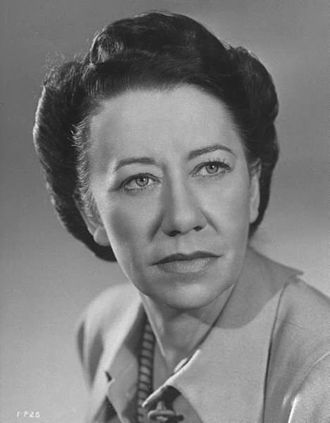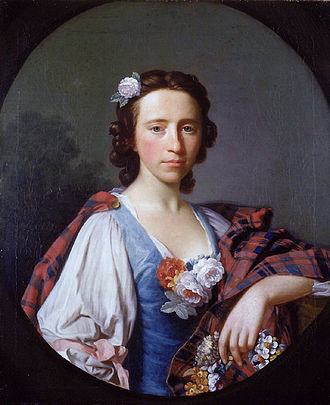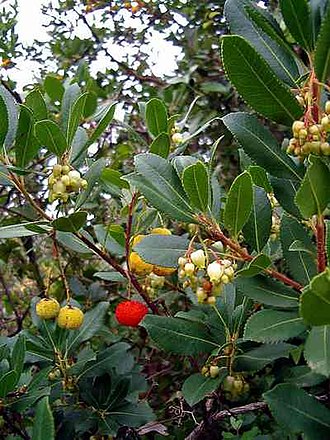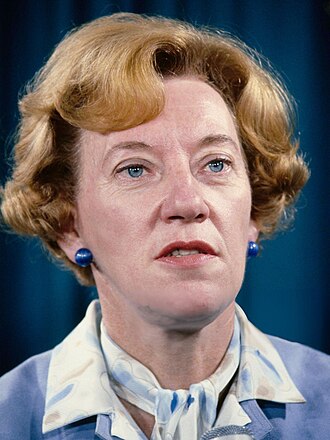Discover Your Roots
SIGN UPDiscover Your Roots
SIGN UPFlora is a captivating and timeless name of Latin origin, meaning "Flowering." It derives from the Latin word "flos," symbolizing the beauty and delicate nature of flowers. In ancient Rome, Flora was revered as the goddess of fertility, flowers, and springtime. This elegant name has feminine variants such as Florrie, Flòraidh, and Fionnaghal. It gained popularity in the 1700s across Europe and has seen resurgence in recent years, notably ranking among the top 150 names for newborn girls in Canada. Notable individuals bearing the name Flora include Flora Duffy, a Bermudian professional triathlete, and Flora Nwapa, a renowned Nigerian author. Additionally, Flora has been featured in various fictional works, including as one of the good fairies in Disney's "Sleeping Beauty" and as a character in "Fire Emblem: Fates." The name's rich history and natural inspiration make it a beautiful choice for a baby girl.

Dame Flora McKenzie Robson (28 March 1902 – 7 July 1984) was a distinguished English actress known for her compelling performances in both theater and cinema. Born in South Shields, County Durham, she exhibited her talent for recitation from a young age, eventually making her stage debut in 1921. Robson's career flourished in the 1930s, and she appeared in several notable films in both the UK and Hollywood, collaborating with renowned actors such as Laurence Olivier and Vivien Leigh. Her most acclaimed roles include Queen Elizabeth I in "Fire Over England" and "The Sea Hawk," and the nursemaid Ftatateeta in "Caesar and Cleopatra." Despite facing initial challenges due to conventional beauty standards, she garnered widespread recognition for her outstanding performances. Robson's career extended late into her life, with appearances in American television films and stage productions. Her remarkable contributions earned her a Commander of the Order of the British Empire (CBE) and an Academy Award nomination for Best Supporting Actress. In 1982, both BBC and ITV dedicated special programs to celebrate her 80th birthday, and the BBC featured a short season of her most notable films.

Flora MacDonald (1722 – 1790) is renowned for aiding Charles Edward Stuart's escape from government troops after the Battle of Culloden in 1746. Born in the Outer Hebrides, she was raised by her father's cousin, Sir Alexander MacDonald. In 1750, she married Allan MacDonald, a British Army captain, and they had seven children. MacDonald's assistance to Prince Charles involved obtaining permits for his safe passage to the mainland and disguising him as an Irish maid. She was later arrested and imprisoned in the Tower of London but released under a general amnesty in June 1747. Following her marriage, she lived in Skye and was visited by Dr. Johnson, who praised her courage and fidelity. The couple emigrated to North Carolina in 1773 but their support for the British government during the American War of Independence led to the loss of their American estates. They returned to Scotland, where Flora MacDonald passed away in 1790. Her bravery and loyalty have left a lasting mark on history.

Flora Jane Thompson, also known as Flora Jane Timms, was an English novelist and poet best recognized for her semi-autobiographical trilogy, Lark Rise to Candleford, which beautifully depicted the English countryside. Born in Juniper Hill, Oxfordshire, in 1876, she was the eldest child in a large family. Starting her career as a counter clerk at various post offices, she married John William Thompson in 1903 and later became a devoted writer and self-taught naturalist. Thompson's literary journey began with her winning an essay competition and was later encouraged by her sister's success in children's literature. Her trilogy, published in the 1930s, vividly portrayed her own youth and garnered critical acclaim for its sympathetic presentation and literary power. Despite the personal tragedy of losing her younger son during World War II, Thompson's work remains a timeless reflection of Victorian agrarian England. She passed away in 1947, leaving behind a legacy of novels, nature articles, and poetic prose. Thompson's profound impact on English literature and her enduring contributions continue to inspire readers and writers alike.

Italy is a country with a rich and diverse flora, encompassing approximately 7,672 recorded plant species, of which 7,031 are native and 641 are non-native species. The Italian territory boasts a high level of biodiversity, with 274 protected vascular plant species and 1,371 endemic plant species and subspecies. This biodiversity is attributed to the unique geographical and climatic features of Italy, including its diverse ecoregions such as the Illyrian deciduous forests, Italian sclerophyllous and semi-deciduous forests, and South Apennine mixed montane forests. The Italian peninsula's varied geography, stretching from the Alps in the north to the Mediterranean islands in the south, contributes to a wide range of climates, from humid subtropical to Mediterranean, leading to distinct flora in different regions. Carlo Blasi and his team have extensively mapped and classified Italy's flora into divisions, provinces, sections, and subsections, highlighting the country's ecological diversity. Italy's flora has thrived through the Pleistocene glaciations due to the absence of ice in its territory, allowing flora and fauna to survive and resulting in the presence of glacial relict fauna in certain mountain locations.

Flora Isabel MacDonald (June 3, 1926 – July 26, 2015) was a Canadian politician and humanitarian. She made history as Canada's first female foreign minister and was among the first women to pursue leadership of a major Canadian political party, the Progressive Conservatives. MacDonald served in the cabinets of Prime Ministers Joe Clark and Brian Mulroney. She was also recognized for her humanitarian efforts, playing a pivotal role in the release of American hostages in Iran. Born in North Sydney, Nova Scotia, to a family of Scottish descent, MacDonald initially trained as a secretary and later became involved in politics. She was elected to the House of Commons in 1972, representing Kingston and the Islands until 1988. Despite her significant political contributions, MacDonald faced challenges in her bid for the PC leadership, ultimately supporting Joe Clark's successful campaign. As Minister of External Affairs, MacDonald played a crucial role in addressing the Vietnamese refugee crisis and the Iran hostage situation. Her dedication to public service and advocacy for humanitarian causes left a lasting impact, commemorated by the Passerelle Flora Footbridge in Ottawa.
All images displayed on this page are sourced from Wikipedia or Wikimedia Commons.We use these images under their respective Creative Commons or public domain licenses. Wherever applicable, author attributions and license information are provided. If you believe an image is used incorrectly or outside its license terms, please contact us so that we can review and correct the issue.